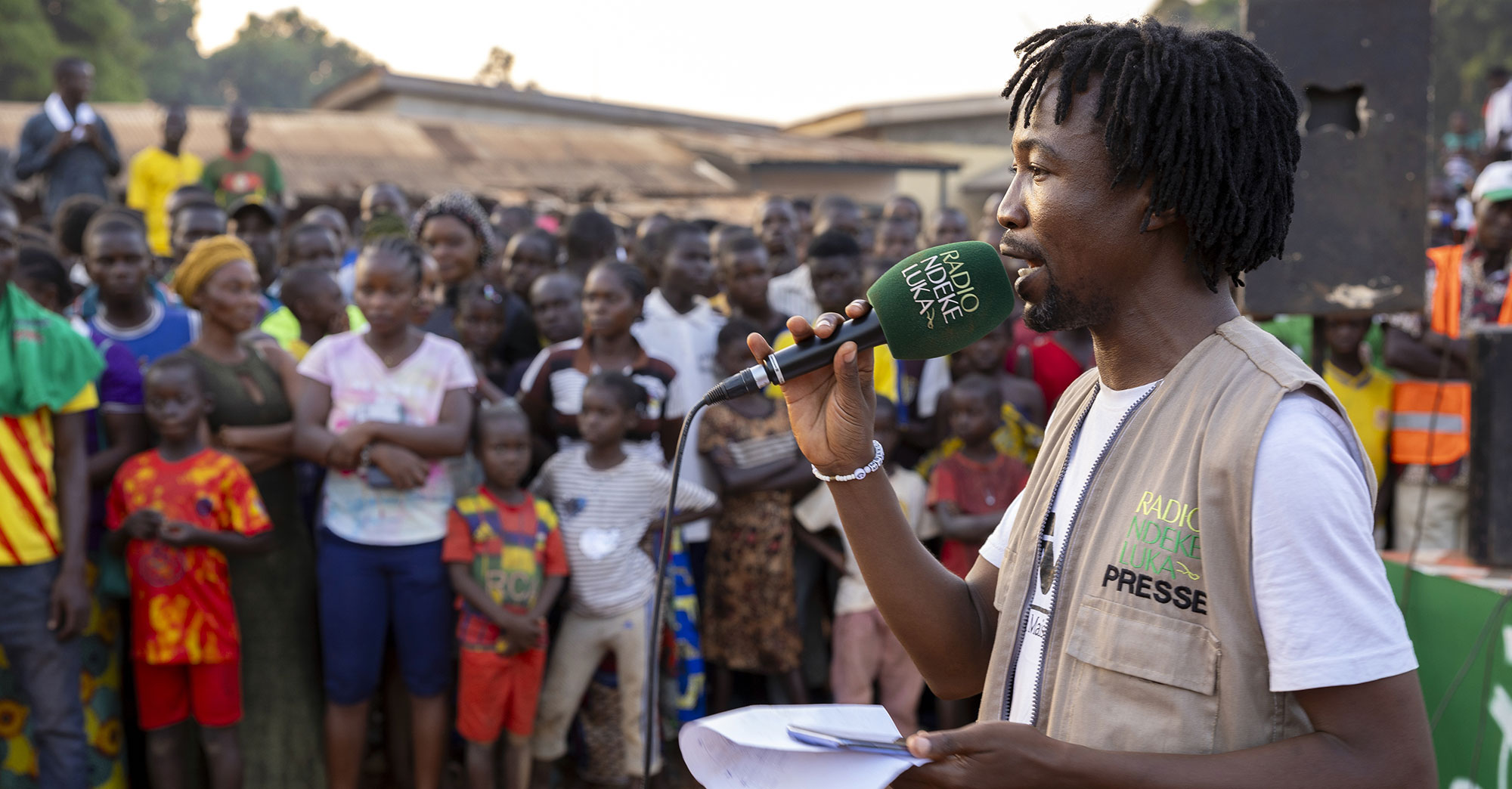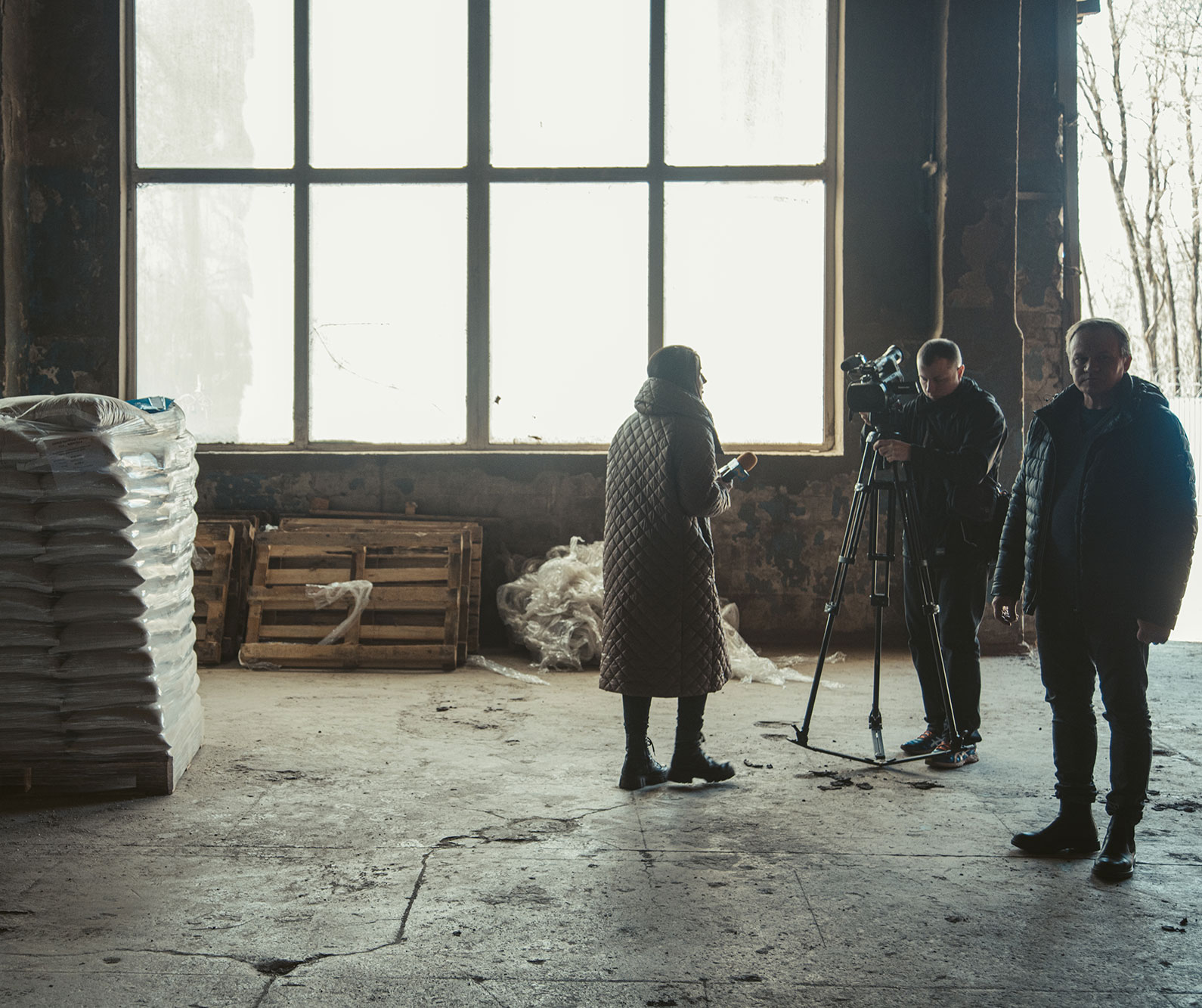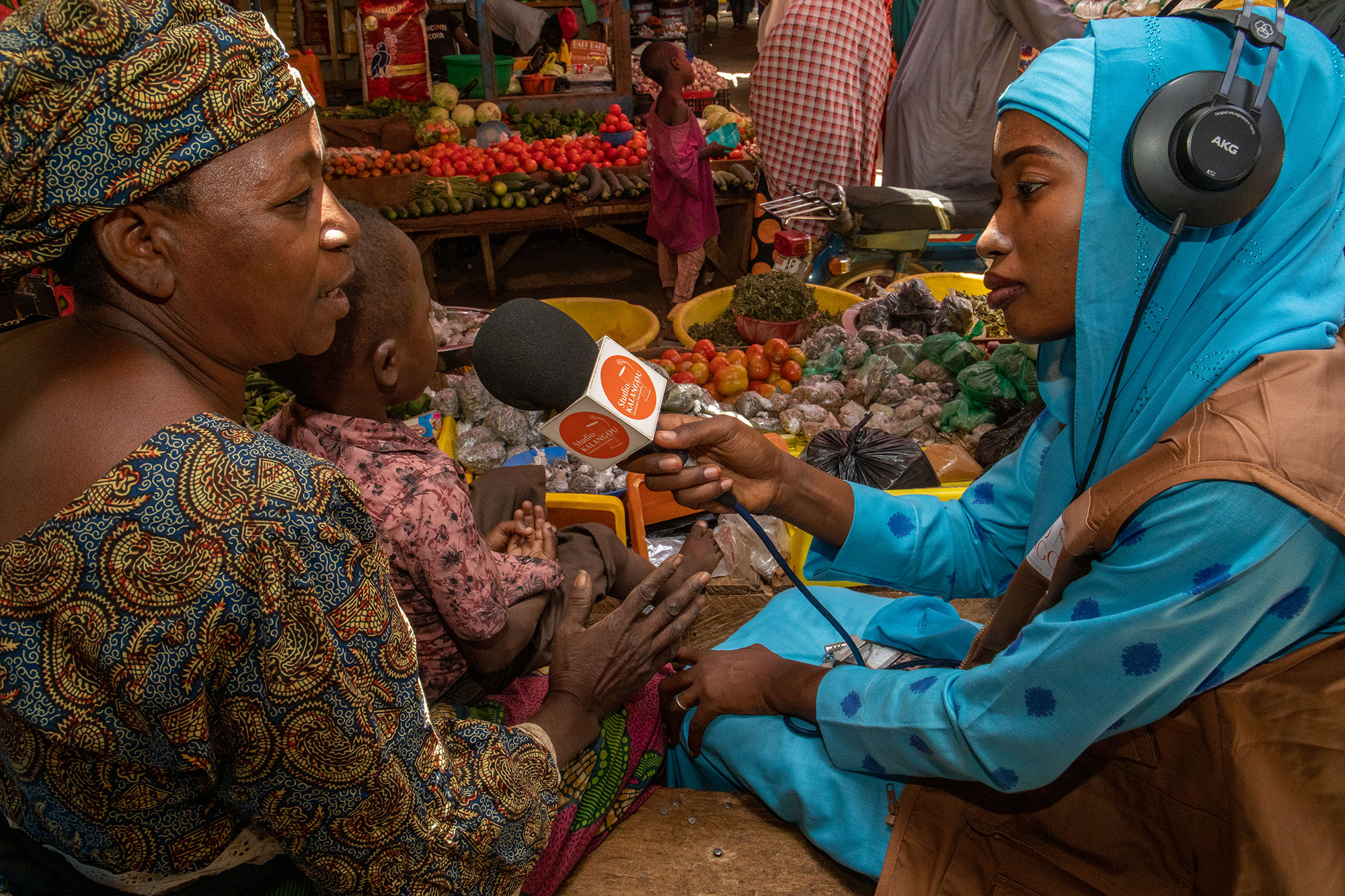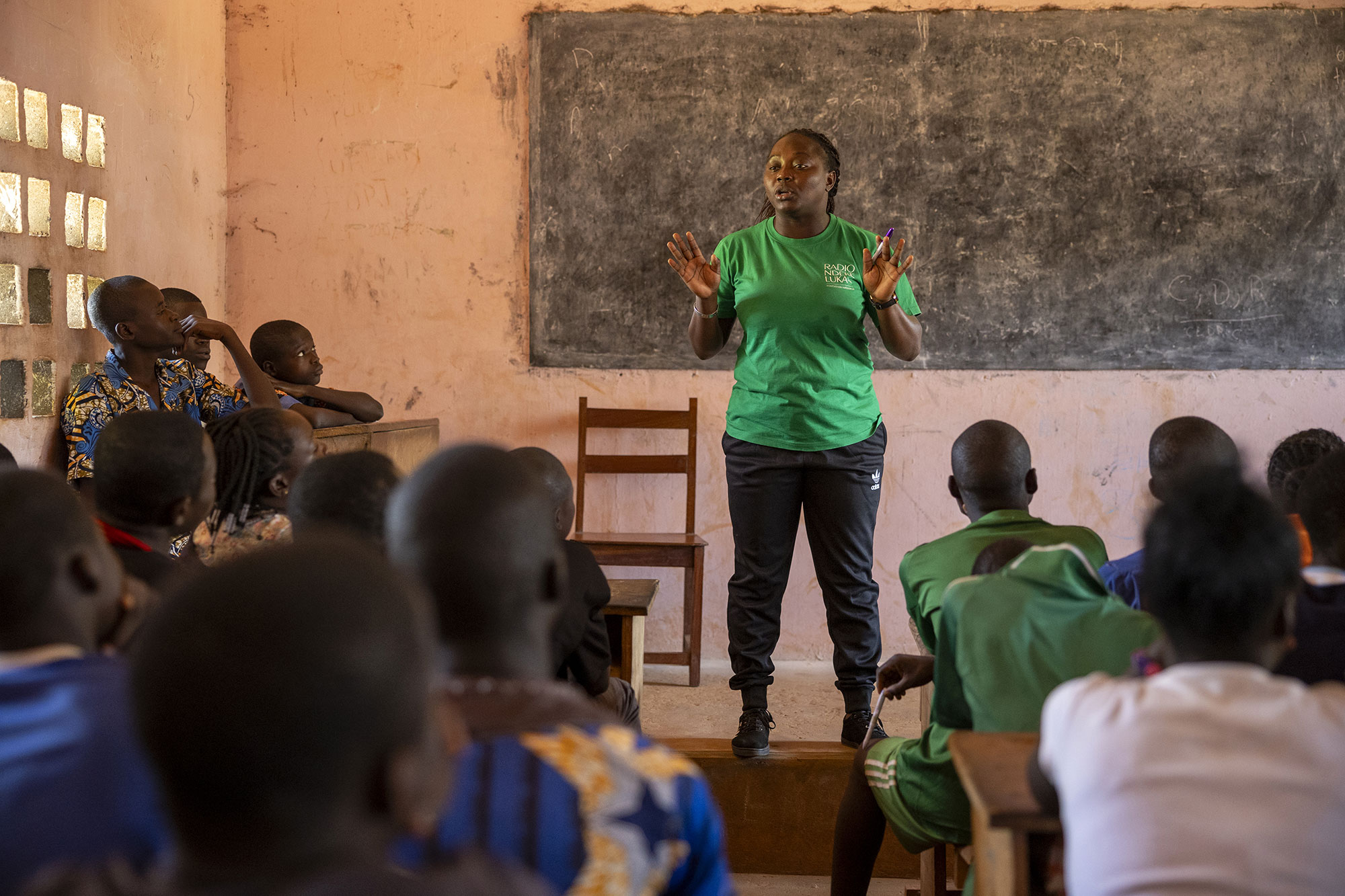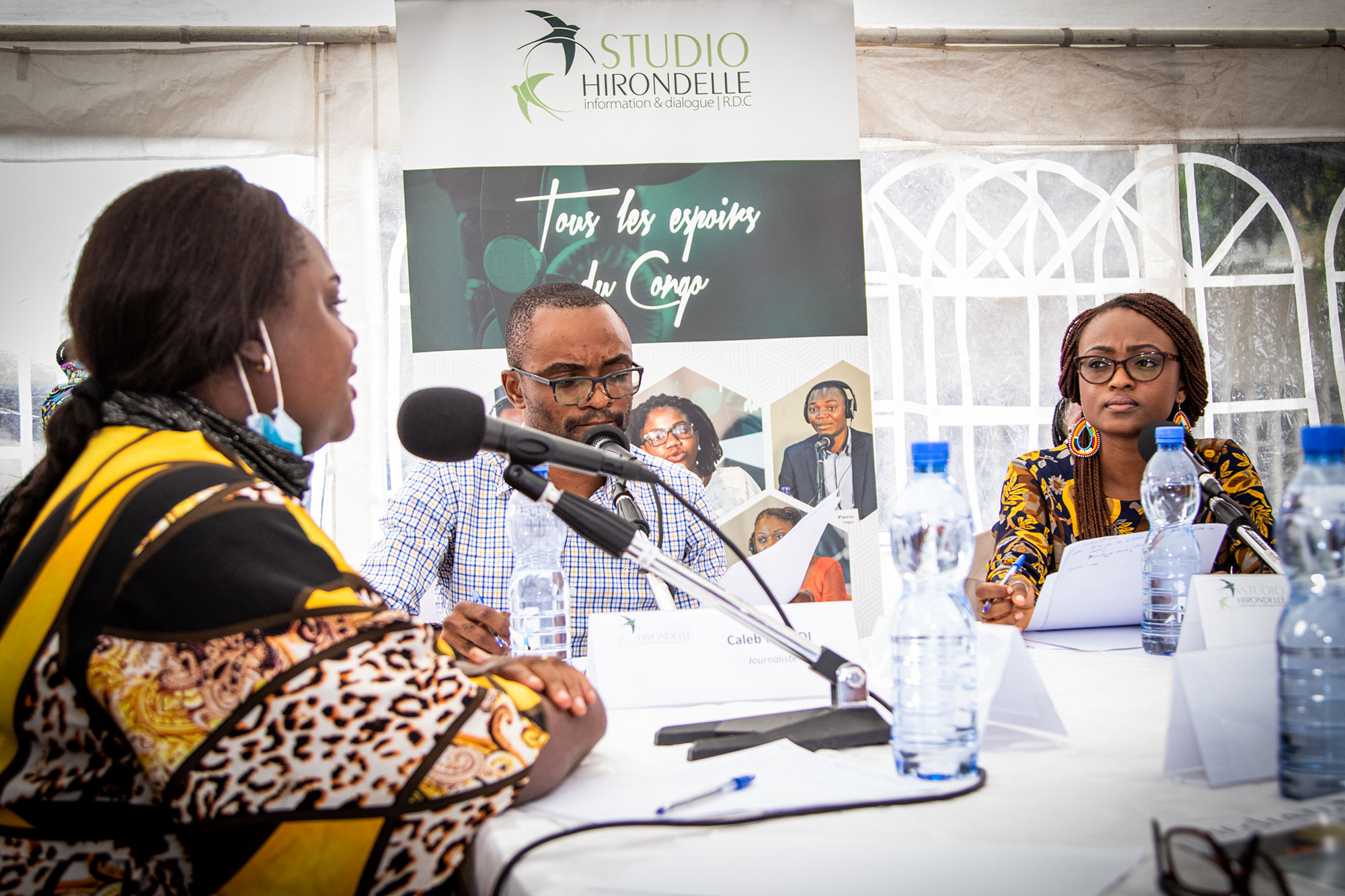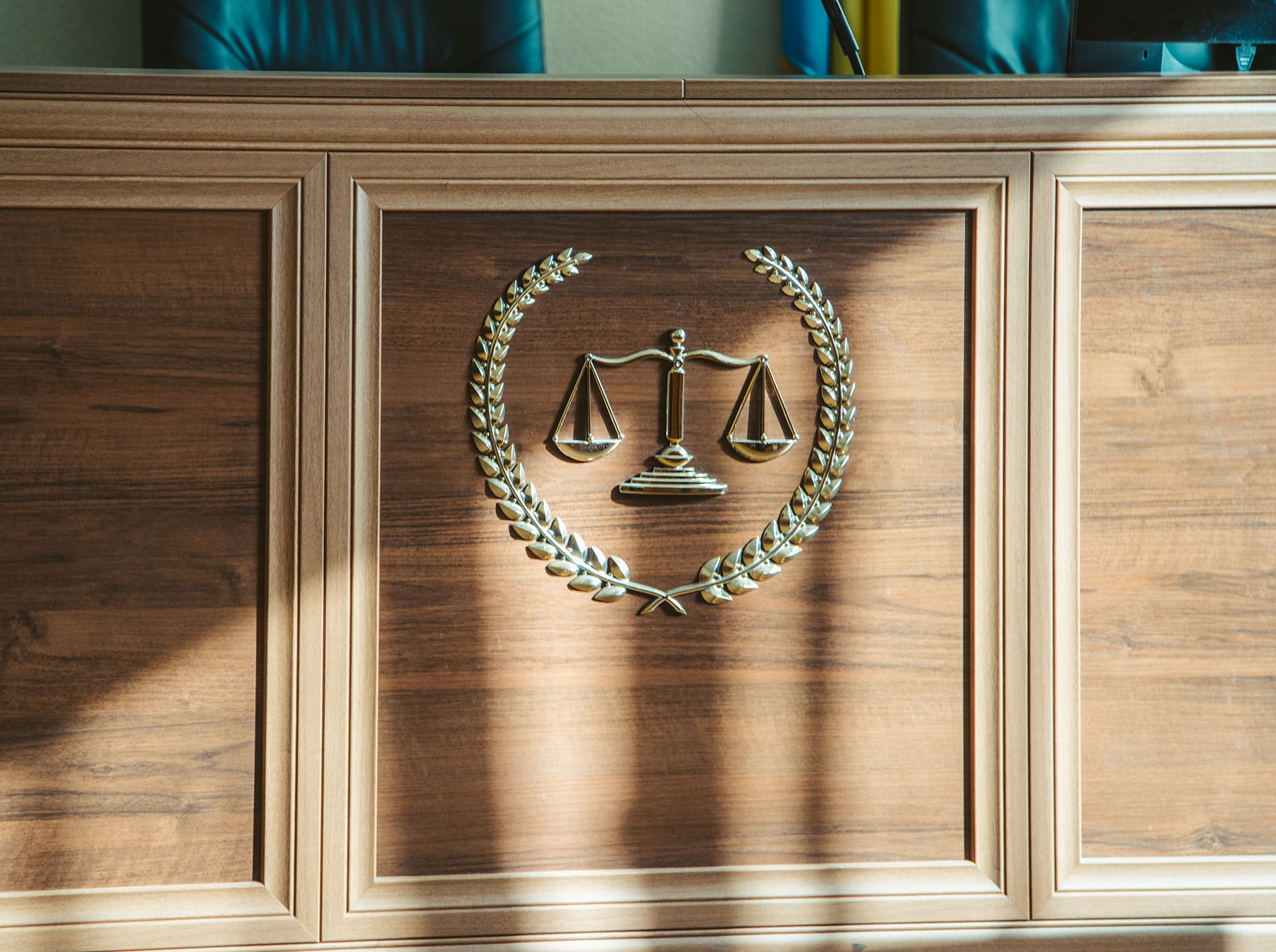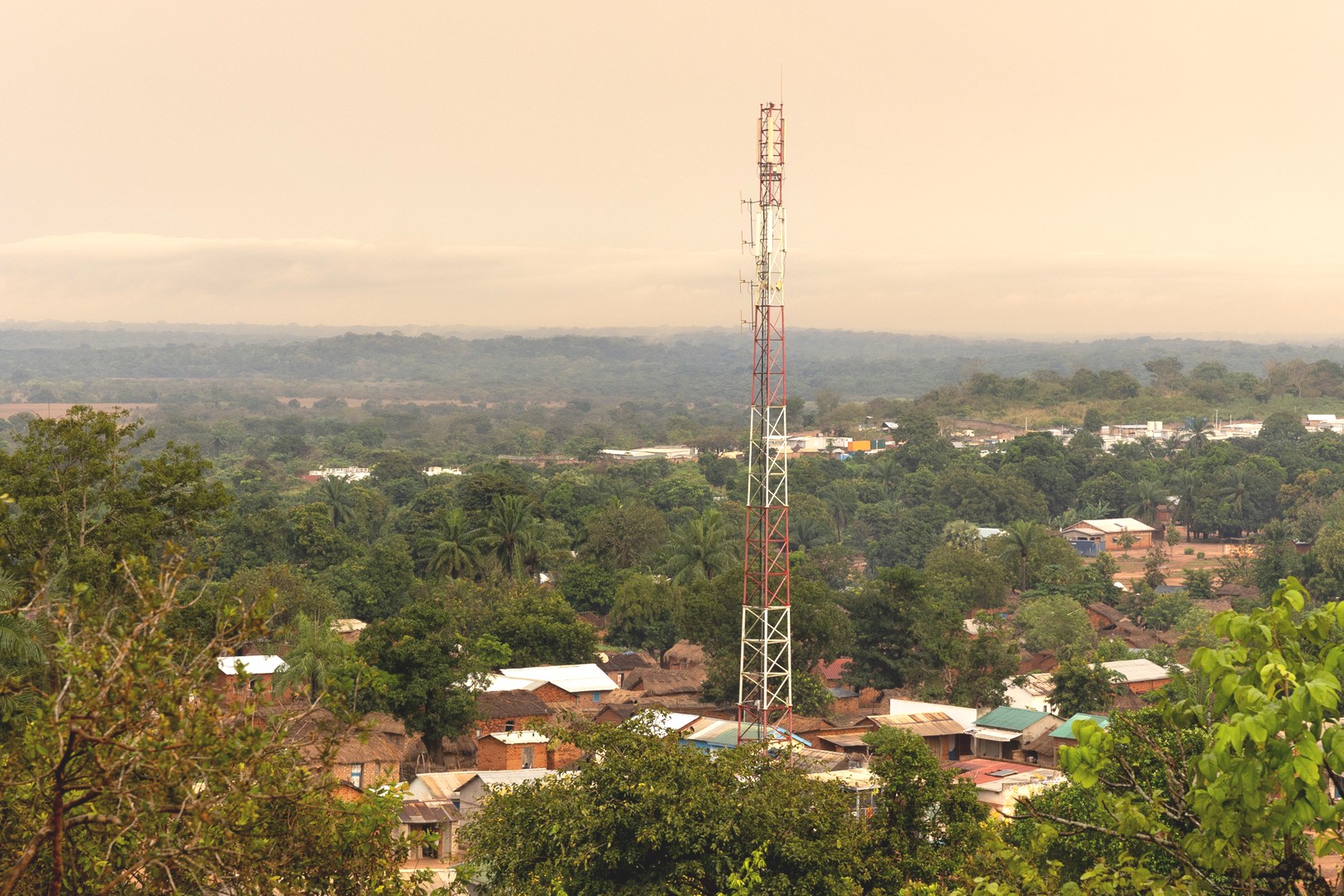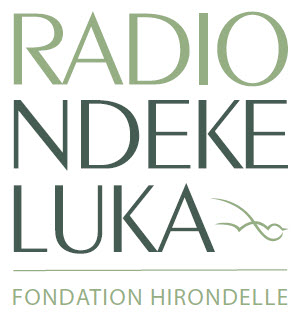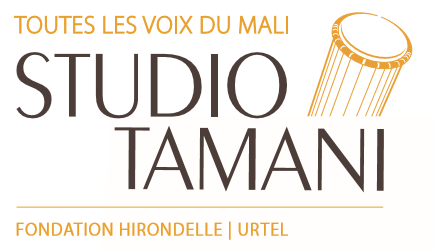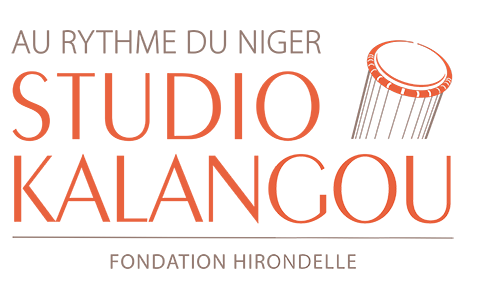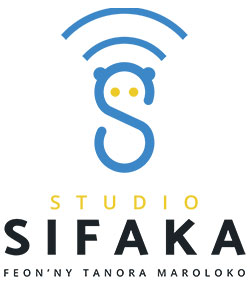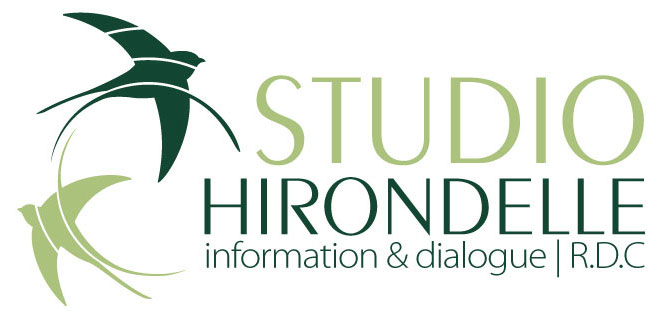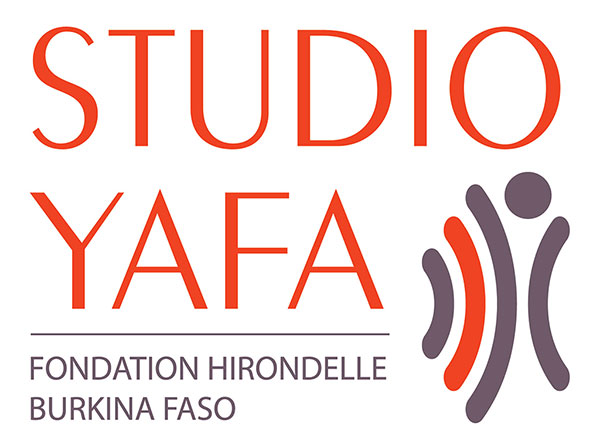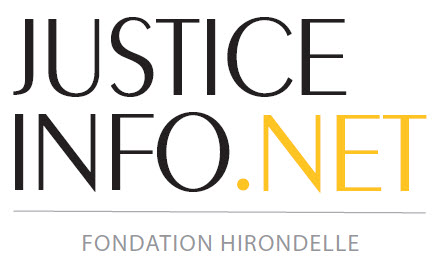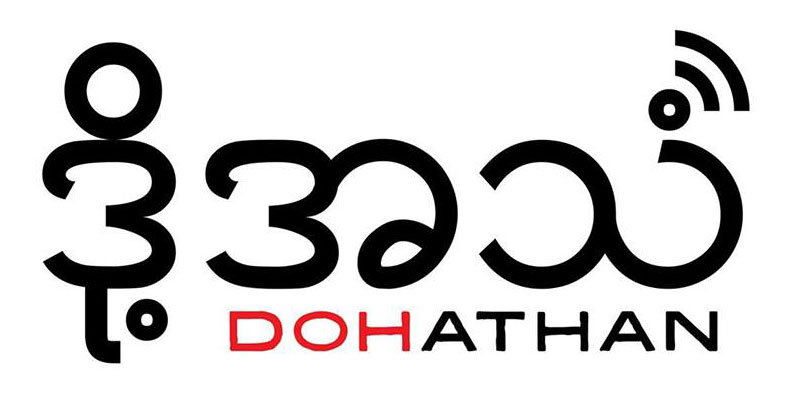OUR productions
OUR AREAS OF EXPERTISE
Zones OF Intervention
Key numbers
11
11
Media operationsin 11 countries
12067
12067
Hours of audio programming(2023)
276
276
Hours of video programming(2023)
9419
9419
Web Articles(2023)
1475491
1475491
Users of our websites(2023)
1006045
1006045
Followers on Facebook and Twitter(2023)
401
401
Medias supported(2023)
2314
2314
People trained(2023)
With your help, we make a difference !
Every day, our projects provide millions of people with access to media that speaks their language and gives them a voice, addressing their concerns and most urgent needs.
Funding from public partners and the generosity of private donors enables the journalists and media that we create or support to freely pursue their work and give their fellow citizens the chance to be heard.
Your support is vital for us to sustain our efforts and support the development of new projects.
KEEP IN TOUCH
To keep you up to date with Fondation Hirondelle activities, we publish three newsletters on different subjects.
OUR MEDIA
Since 1995, we have created and developed 31 media and media programmes, in 27 countries and online. Some have been transferred to local organizations, others continue to operate under UN missions. Discover our current media.




